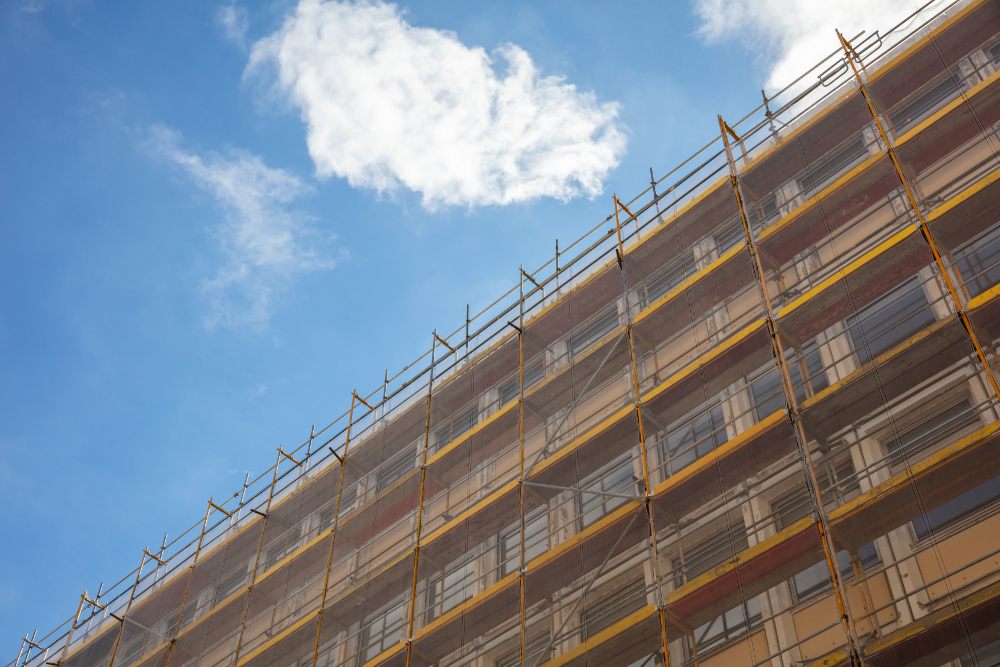Impacts of Covid-19...
Planning permissions for houses and apartments fell by nearly 30 per cent in the second quarter as a result of the Covid-19 crisis, according to the Central Statistics Office (CSO).
The Central Statistics Office said the number of planning permissions granted for dwelling units between April and June was 6,807, of which 3,744 were apartments and 3,063 were houses. This was 29.2 per cent down on the same quarter last year. The Central Bank is now predicting just 16,000 housing completions this year, instead of 26,000.
However, Michael Stanley, Co-Founder and CEO Cairn Homes said that the underlying pent-up demand for home ownership in Ireland has increased as a consequence of the lockdown. He said that this experience has changed people’s priorities and owning their own space is now more important than ever.
5 key Trends in construction industry Globally Post Covid-19
Short term Trends:
- Increased digitization: Organisations across the industry are shifting to remote ways of working. Designers and engineers are relying even more heavily on digital collaboration tools such as building-information modelling (BIM). Leading engineers and contractors are using 4D and 5D simulation to replan projects and reoptimize schedules. Contractors are looking to online channels for ordering materials, managing resources more accurately, and maintaining cash flow. Read our blog post about all about BIMhere.
- Rebalanced supply chains toward resilience (versus efficiency): Contractors are building inventory, securing critical materials and identifying alternative suppliers.
Long term Trends:
- Further investments in technology: The industry faced a shortage of skilled labour even before the crisis. With the prospect of rolling physical-distancing measures and restrictions on cross-border movement of labour, skilled labour shortages will become even more acute. The case for digital tools that are proven to increase productivity, such as 4D simulation, digital workflow management, real-time progress tracking, and advanced schedule optimization, will become even stronger.
- Increase in off-site construction: Building in controlled environments makes even more sense in a world that requires close management of the movement and interaction of workforces.
- Acceleration toward sustainability, including designs for healthier living: Governments may stimulate the economy by encouraging measures to meet carbon reduction targets—for example, by retrofitting housing stock to improve energy efficiency. There will be a shift in demand toward more sustainable buildings and communities that promote healthier lifestyles.
(McKinsey)
The threat of Brexit....
As Brexit looms ever closer, the potential risks of Brexit to the Irish economy are unknown. What is certain is that the negative impacts on Irish construction companies will have a multiplier effect on the Irish economy and society. Tom Parlon Director General, CIF said that the construction industry is taking steps to prepare, and policy-makers should calibrate support towards the industry.
However, PWC cited that 72% of construction businesses within the Irish construction sector have not undertaken any form of Brexit impact assessment or ‘Day 1’ preparation plan. To see how Merenda's Day 1 Brexit test day went; watch this short. video.
Read the full report published by PWC "Brexit and the Irish Construction Sector" here.

